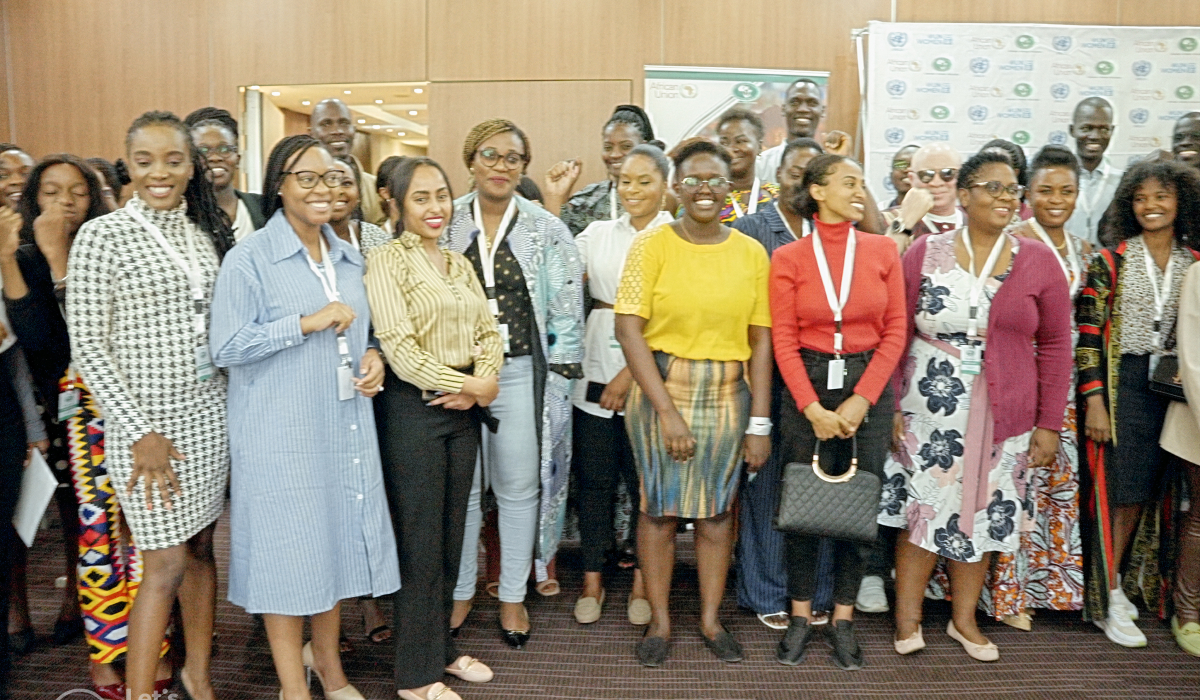On 12 February 2023, ACCORD participated in the 9th GIMAC Youth Advocacy Training that was held in Addis Ababa, Ethiopia. The youth training brought together one hundred and fifty youth from different African Countries to discuss their role in the African Continental Free Trade Area (AfCFTA) implementation, and how youth can advocate for their inclusion in decision and policy making processes on matters pertaining trade in Africa.
Africa is a continent with sixty percent of its population under the age of thirty-five. Unfortunately, African youth continue to face a number of economic, social, political and peace and security challenges. If successfully implemented, AfCFTA may provide an opportunity for young people to participate in trade and income generating activities to strengthen their economic status. This will only be possible when young people are equipped with the right resources including business funding, mentorship, access to information and when there are proper policies in place that support small scale youth and women traders.
While AfCFTA can be used as a tool to ensure the economic empowerment of youth and women, it may also present significant challenges. The key challenges discussed during the training was the infringement of human rights. Cross border trading, exposes girls and young women to issues such as human trafficking, sexual abuse, gender based violence, commercial sex etc. As such, if the AfCFTA implementation by state parties ignore women Informal Cross Border Traders (ICBTs), it could risk entrenching a situation which exposes them to a range of human rights abuses.
To address these challenges, the advocacy training programme covered various sessions including; the role of AfCFTA in inclusive digital technology, financial and economic inclusion of women and youth, the impact of AfCFTA on girls and young women rights, accelerating AfCFTA through education, and highlighted regions specific opportunities for youth and women in the AfCFTA.
The training provided information on how young people can be directly and indirectly involved in the AfCFTA implementation at regional, national and grassroot levels while taking into account that young people possess expertise, skills, creativity, and innovation, which are all key in ensuring the effective implementation of ACFTA.








